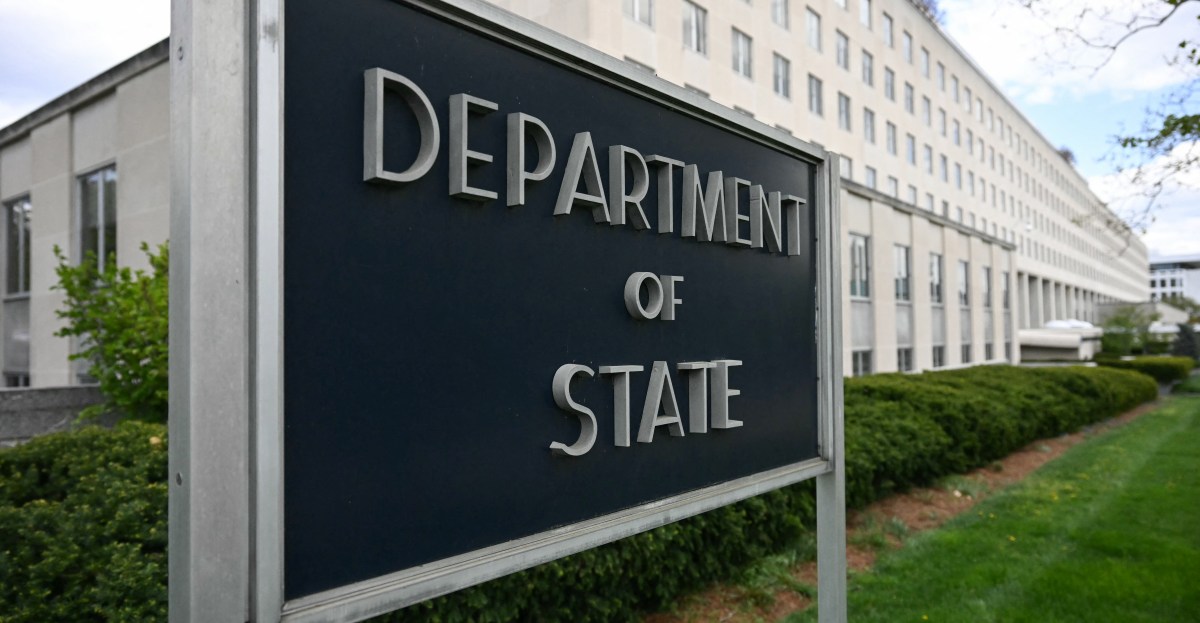Now Reading: How Oklahoma made universal pre-K work
-
01
How Oklahoma made universal pre-K work
How Oklahoma made universal pre-K work

Supporters of public school pre-kindergarten programs typically argue that they offer two key advantages: enhancing children’s academic success and providing working parents with free and reliable child care. While there is some debate regarding the impact on academic achievement, there is widespread agreement on the benefits of child care. Despite this, not all school districts provide pre-kindergarten programs, with some facing challenges in expanding them.
One exception to this trend is Oklahoma, which boasts one of the most successful universal pre-kindergarten programs in the United States. Our colleague Coleman Lowndes recently visited the state to explore how this program was established and what other states can learn from Oklahoma. In a condensed conversation, Coleman discusses the concept of universal pre-K and its benefits, emphasizing the significance of this program for middle-class families and the workforce.
The debate surrounding universal pre-K centers on its cost, effectiveness, and potential impact on private child care providers. Oklahoma’s unique approach to implementing universal pre-K involved addressing legislative loopholes and collaborating with existing providers to deliver quality early education. While replicating Oklahoma’s success may be challenging, the state’s experience highlights the importance of focusing on practical implementation strategies and addressing key industry concerns to maximize the benefits of universal pre-K for all.






